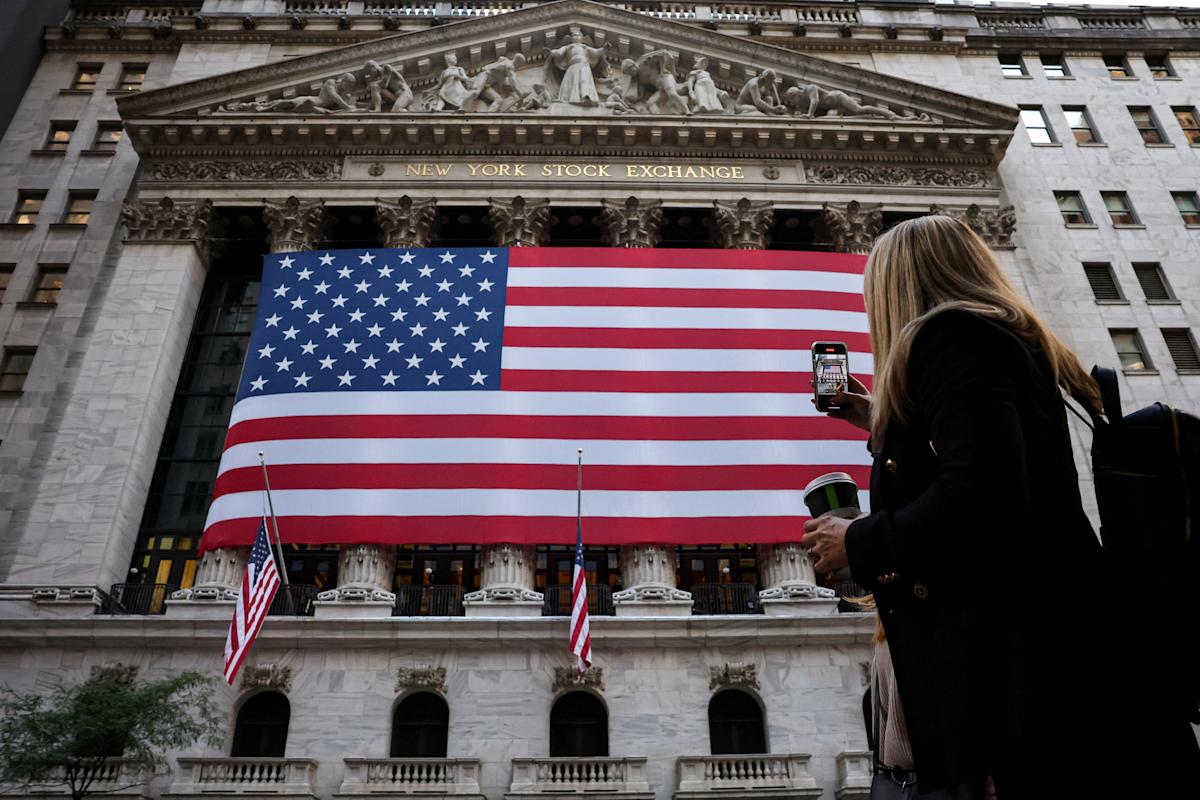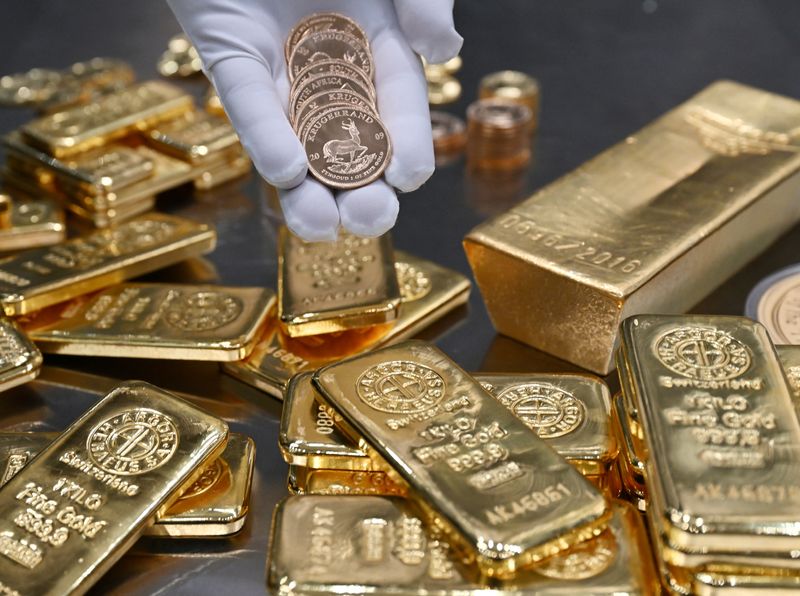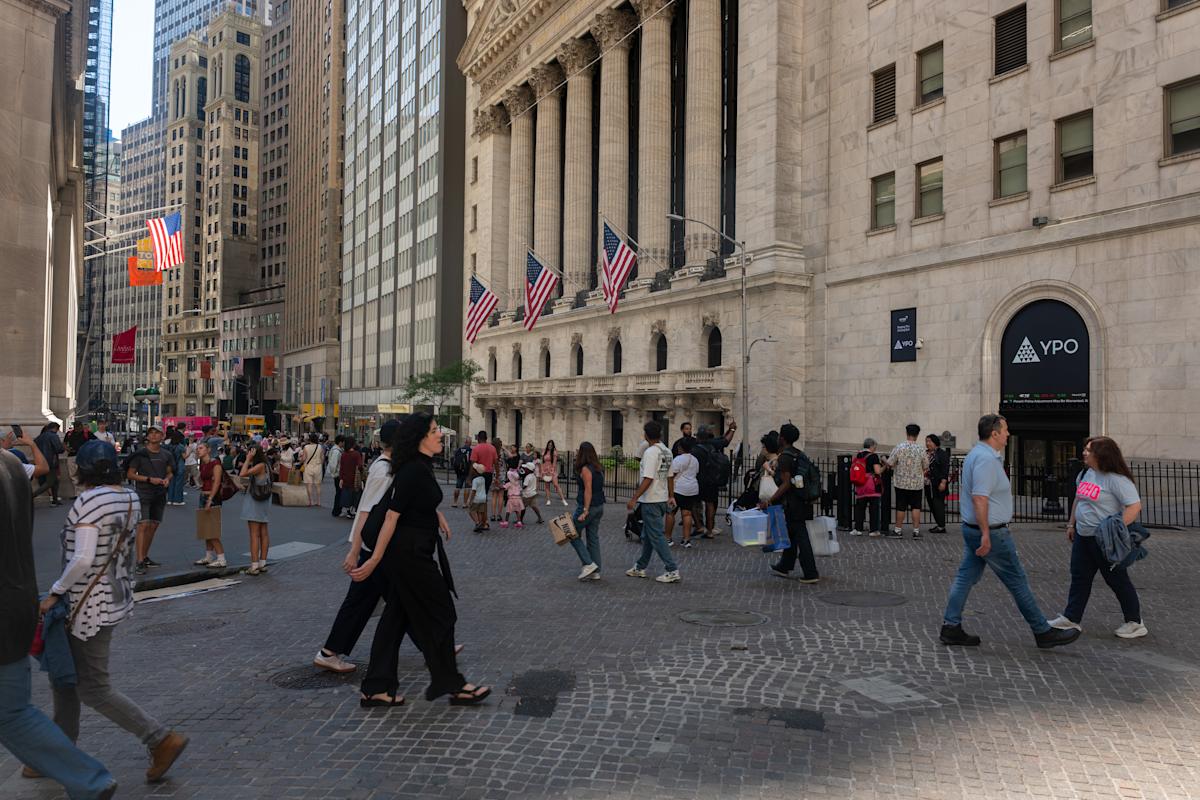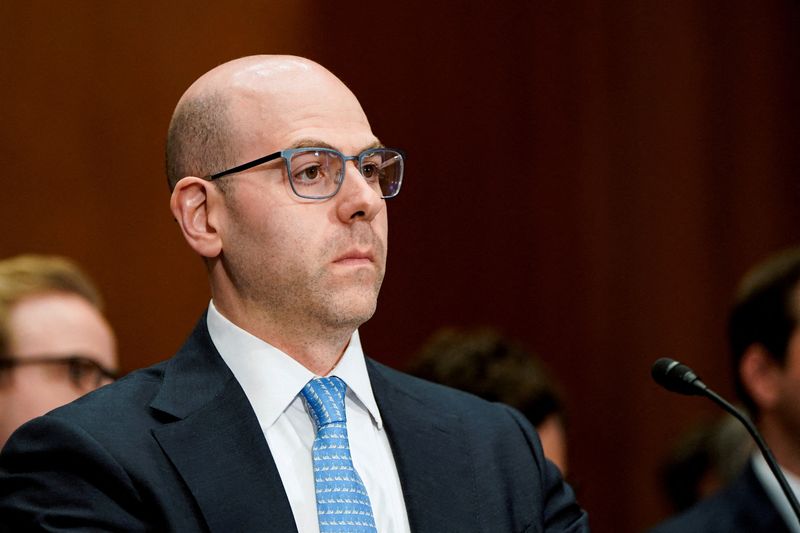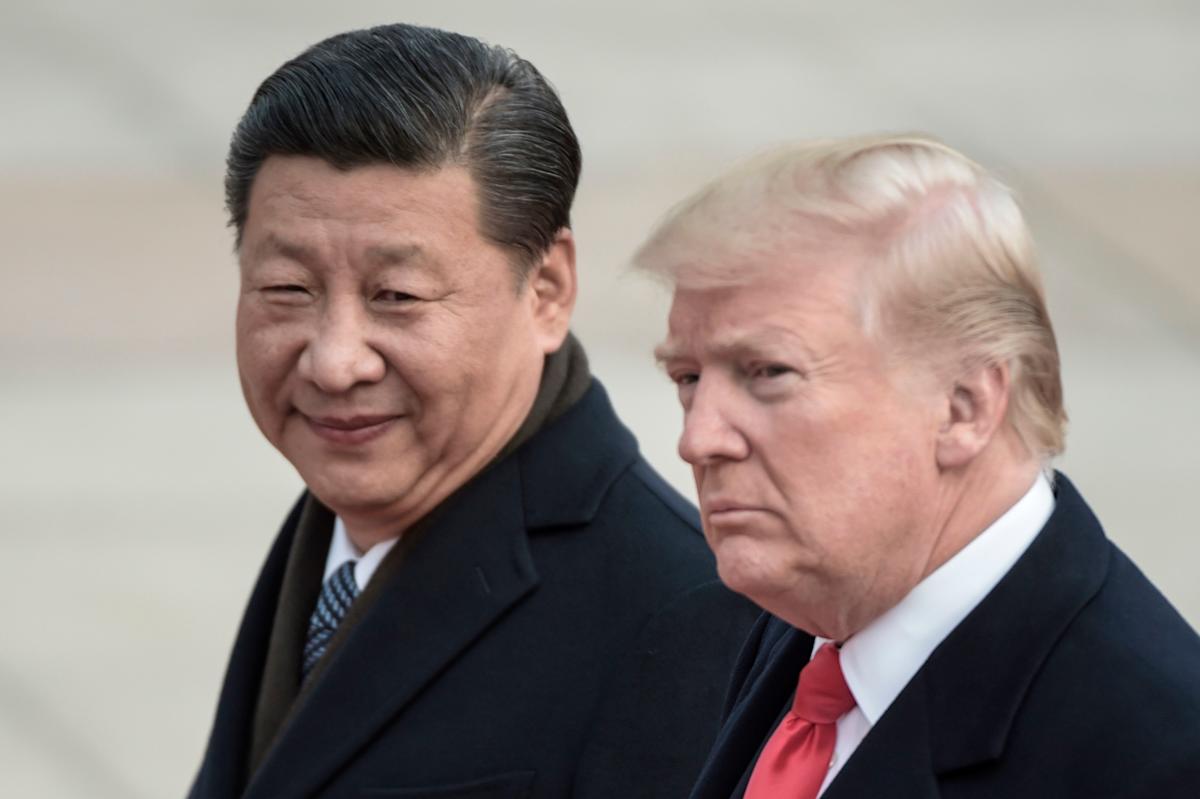Switzerland Faces Shock as 39% Tariffs Hit

Overview of U.S. Tariffs on Switzerland
The U.S. government recently imposed a 39% tariff on Swiss exports, catching the Swiss government and industries by surprise. This marks one of the steepest tariffs imposed on any U.S. trade partner, higher than the 31% initially proposed in April. Switzerland now faces some of the highest tariffs globally, trailing only nations like Syria, Laos, and Myanmar. In contrast, other European nations, such as the United Kingdom and EU member states, secured significantly lower tariffs of 10% and 15%, respectively.
The sudden implementation of this tariff is linked to the U.S. goods trade deficit with Switzerland, which reached $38.5 billion in 2023—a 56.9% increase from the previous year. U.S. officials argue that these tariffs aim to address the trade imbalance, though many economists dispute the effectiveness of such measures. Switzerland, which eliminated tariffs on industrial goods in 2024, finds the lack of reciprocity from the U.S. particularly challenging.
Impact on Swiss Industries and Economy
Key Swiss industries, including luxury goods, chocolate, and pharmaceuticals, are bracing for significant financial strain. Swiss watch manufacturers, already grappling with declining exports to major markets like the U.S. and Japan, now face additional hurdles. Companies such as Rolex and Swatch, known for their high-priced timepieces, may see reduced demand due to higher costs for American consumers.
The Swiss chocolate industry, which exports 7% of its production to the U.S., is also under pressure. With the tariff effectively raising costs by nearly 50% when accounting for currency exchange rates, smaller chocolatiers risk losing U.S. market share.
Pharmaceutical giants like Roche and Novartis are less directly impacted, as medicines and diagnostics are typically exempt from tariffs. However, the broader economic uncertainty could affect future investments. Swiss companies, which contribute to 400,000 U.S. jobs, are now reconsidering their commitments amidst these trade tensions. The Swiss government has warned of potential job losses within its own economy, particularly for small- and medium-sized businesses reliant on U.S. exports.
Swiss Response and Negotiation Efforts
The Swiss government has been actively seeking solutions to mitigate the impact of the 39% tariff. Initial negotiations with the U.S. administration failed to yield results, with the trade deficit being a key sticking point. Swiss President Karin Keller-Sutter expressed disappointment over the lack of progress, emphasizing the need for stable trade relations.
To counteract the tariffs, Switzerland is exploring various strategies. One option includes imposing reciprocal tariffs on U.S. goods, though this could escalate tensions further. Another potential response is withdrawing investment promises, including the cancellation of a major order for U.S.-made F-35 fighter planes.
Despite these challenges, Swiss leaders remain committed to finding a diplomatic resolution. With the August 7th implementation deadline looming, businesses and policymakers are working around the clock to protect their economic interests. However, the path forward remains uncertain, as Switzerland navigates one of its most significant trade disputes in recent history.
 Sources
Sources- Confusion anger Switzerland - hit highest tariffs Europe
 bbc
bbc - Switzerland, land luxury brands, prices skyrocket Trump's 39% tariffs
 yahoo
yahoo - Switzerland ‘shock’ 39% tariff blow
 yahoo
yahoo
 Keep Reading
Keep ReadingAbout the author

Top News
Related Articles
- Confusion anger Switzerland - hit highest tariffs Europe
 bbc
bbc - Switzerland, land luxury brands, prices skyrocket Trump's 39% tariffs
 yahoo
yahoo - Switzerland ‘shock’ 39% tariff blow
 yahoo
yahoo
People Also Watch











